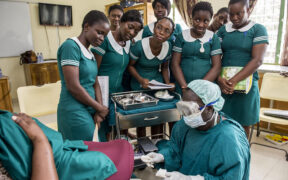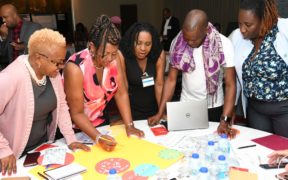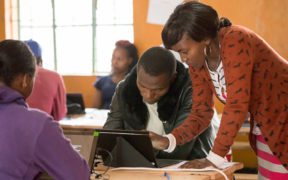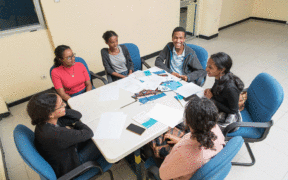Tag:
human-centered design/HCD

L'année dernière, PATH et YUX Académie dans le cadre de HCDExchange ont lancer le réseau des ambassadeurs HCD+ASRH afin d'accroître la sensibilisation et de renforcer les capacités des praticiens, de développer une communauté, d'échanger des connaissances, et de partager des compétences et des connaissances.

Last year, PATH and YUX Academy, as part of HCDExchange project, launched the HCD+ASRH Network of Ambassadors to raise awareness and strengthen the capabilities of practitioners, develop a community, exchange knowledge, and share skills and expertise.

How might we encourage the FP/RH workforce to share knowledge with each other? Particularly when it comes to sharing failures, people are hesitant. This post summarizes Knowledge SUCCESS’s recent assessment to capture and measure information-sharing behavior and intention among a sample of FP/RH and other global health professionals based in sub-Saharan Africa and Asia.

Human-Centered Design (HCD) is a relatively new approach towards transforming Sexual and Reproductive Health (SRH) outcomes for youth and adolescents. But what does "quality" look like when applying Human-Centered Design (HCD) to Adolescent Sexual and Reproductive Health (ASRH) programming?

Maryam Yusuf, an Associate with Busara Center for Behavioral Economics, shares research on cognitive overload and choice overload, offers insights from co-creation workshops, and suggests considerations for sharing information without overwhelming audiences.

In this Q&A, our Knowledge Solutions Team Lead breaks down how Knowledge SUCCESS is putting people front and center to design solutions that work best for the family planning and reproductive health community.

We asked our Busara colleagues, Sarah Hopwood and Salim Kombo, to explain why behavior is at the heart of how people find, share, and process information.















